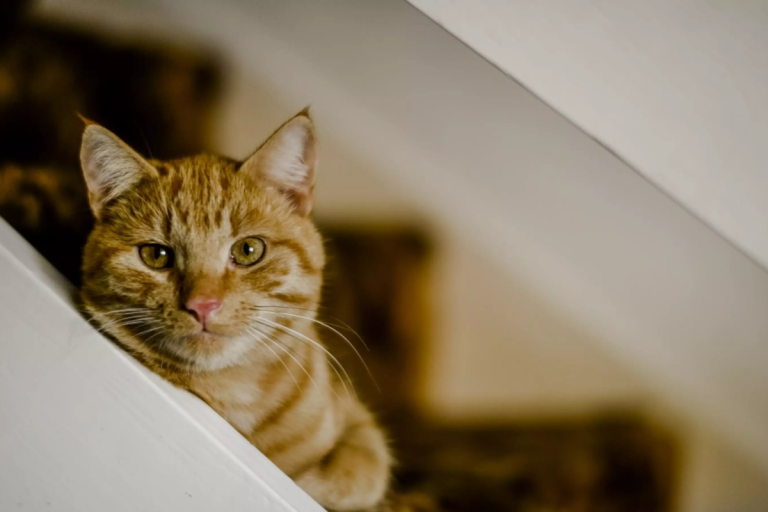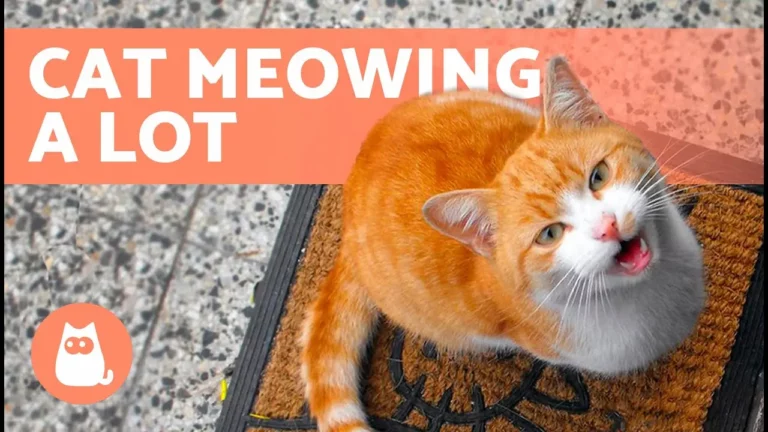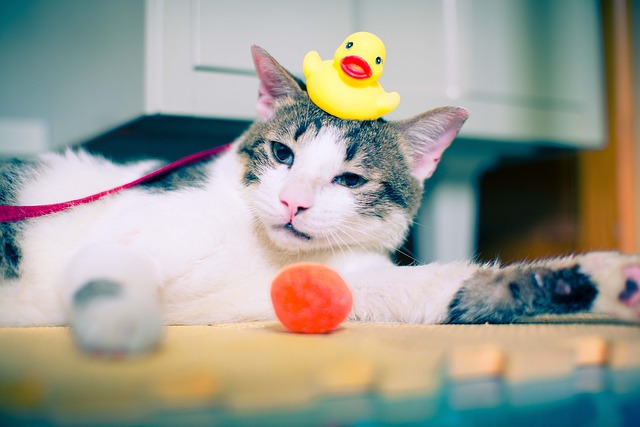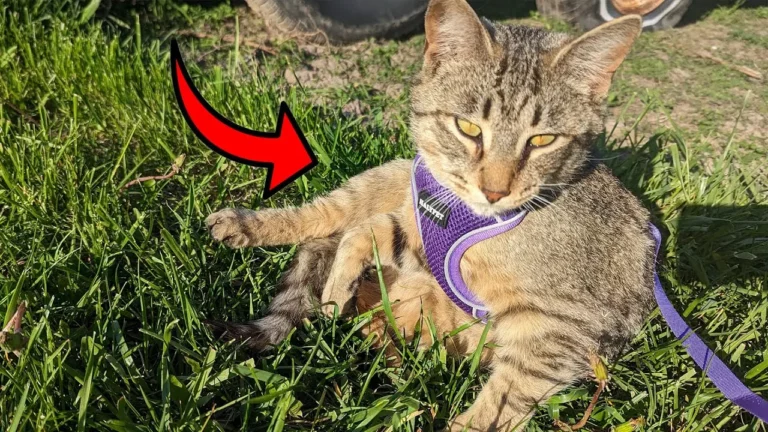Do Cats Remember Abuse and Mistreatment Of Past Owners?
Cats, known for their enigmatic and independent nature, possess a surprisingly complex memory system that can retain emotional and social experiences.
This capacity raises intriguing questions about whether they remember instances of abuse, mistreatment, and their past owners, and how these memories might influence their current behavior.
Understanding the depth of a
How do these memories shape their interactions with humans and their environment?
The answers not only illuminate the emotional lives of cats but also guide us in creating nurturing and supportive habitats for these fascinating creatures.
Memory Capacity of Cats
Cats possess a notable memory capacity, which encompasses both short-term and long-term memory functions essential for their survival.
Short-term memory in cats can last up to 16 hours, allowing them to remember important information temporarily.
Their long-term memory, on the other hand, is robust, enabling them to recall significant past experiences, both pleasant and adverse.
This capacity allows cats to remember familiar faces and places, which is essential for their well-being.
Emotional Memory
Retaining the emotional residue of their experiences, cats can develop lasting impressions from both positive and negative interactions.
Emotional memory in cats is vital and often dictates their future behavior.
Traumatic events, although not remembered in exact detail, leave a lingering impact that can manifest as fear or aggression.
A
Conversely, positive experiences can foster trust and affection, reinforcing a sense of safety and well-being.
Social Memory
The ability to recognize and remember individuals, including former owners and other pets, plays a significant role in a
Cats form strong bonds with humans and other animals, often recalling familiar faces and scents even after long separations.
Kittens, for instance, recognize their mothers through scent and sound, establishing early social connections.
Adult cats may exhibit signs of missing their owners when they are away, demonstrating their capacity for emotional attachment.
These memories are not only limited to humans; cats also remember other pets they have lived with, showing signs of recognition and familiarity.
This profound social memory underlines the importance of stable and positive relationships in a
Behavioral Responses
Recognizing the depth of their social memory, it’s evident that past experiences greatly influence a
Cats, carrying the emotional residue of adverse encounters, can exhibit signs of fear or aggression long after the events have passed. Mistreatment may lead to trust issues, making them wary or aloof around humans.
Conversely, cats with positive pasts tend to be more affectionate and sociable.
Changes in surroundings or the absence of familiar faces can prompt behaviors such as hiding, vocalizing, or altered eating habits. Grief-stricken cats might display reduced appetite or lethargy.
Understanding these nuanced responses helps us provide a supportive environment, catering to their emotional and psychological needs.
Learning and Associative Memory
Cats possess an important capacity for learning and associative memory, enabling them to adapt and thrive in various environments.
This cognitive ability allows them to form connections between events and outcomes, enhancing their survival skills.
Early lessons from their mother play a significant role, teaching them behaviors essential for their well-being.
Consistent routines and positive experiences further reinforce their associative memory, helping them navigate their surroundings effectively.
For instance, a
This intricate memory system supports problem-solving and learning, making cats adept at understanding their environment and interactions, ultimately enriching their lives and strengthening their bonds with humans.
Conclusion
Cats possess a remarkable memory system, capable of recalling abuse, mistreatment, past owners, and other significant experiences. How do these memories shape their responses and behavior?
Traumatic events can lead to lasting trust issues, while positive interactions foster affection and loyalty.
Understanding the importance of creating nurturing environments for cats is vital, as their emotional and social memories profoundly impact their well-being. Therefore, ensuring positive experiences is essential for their overall health and happiness.






